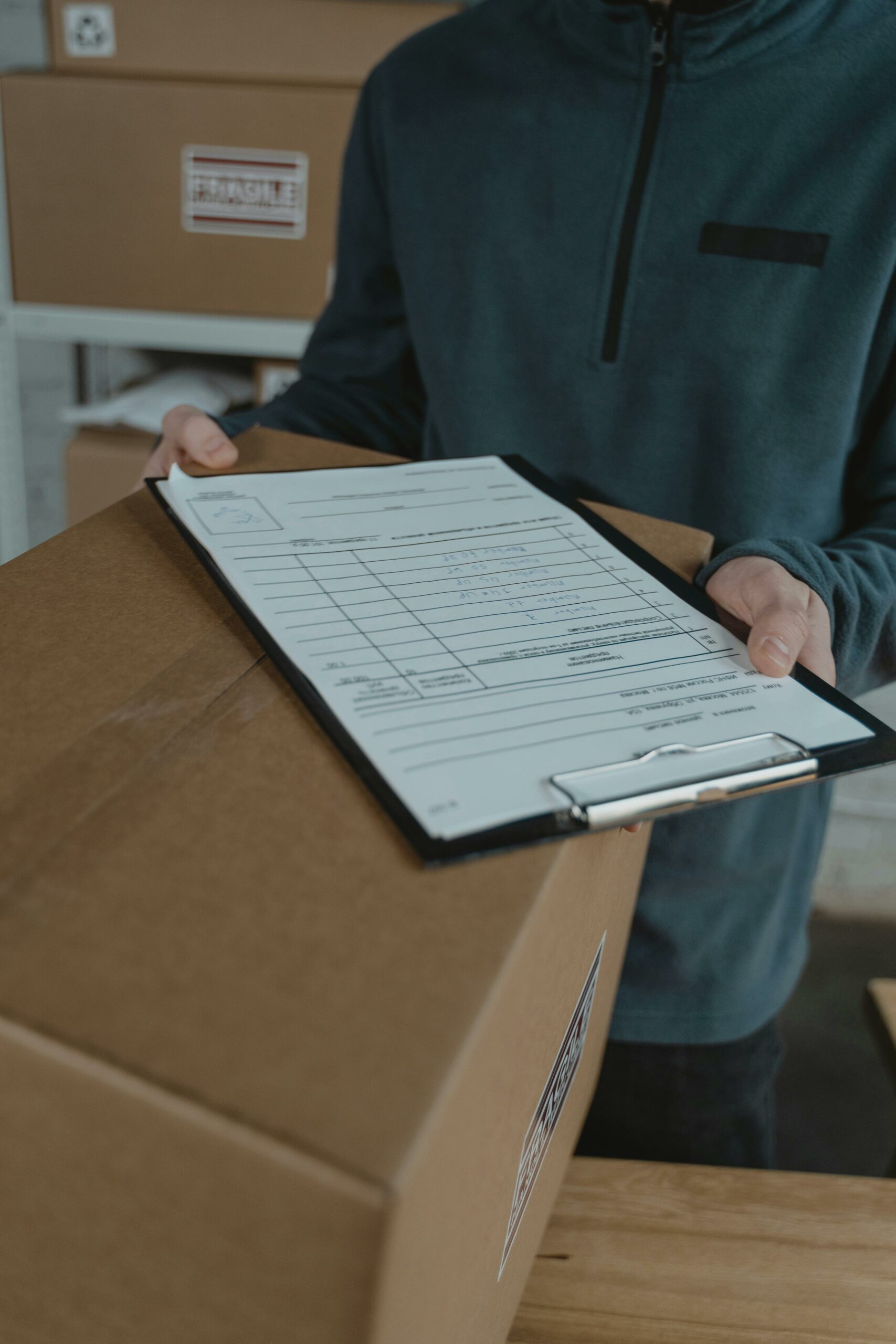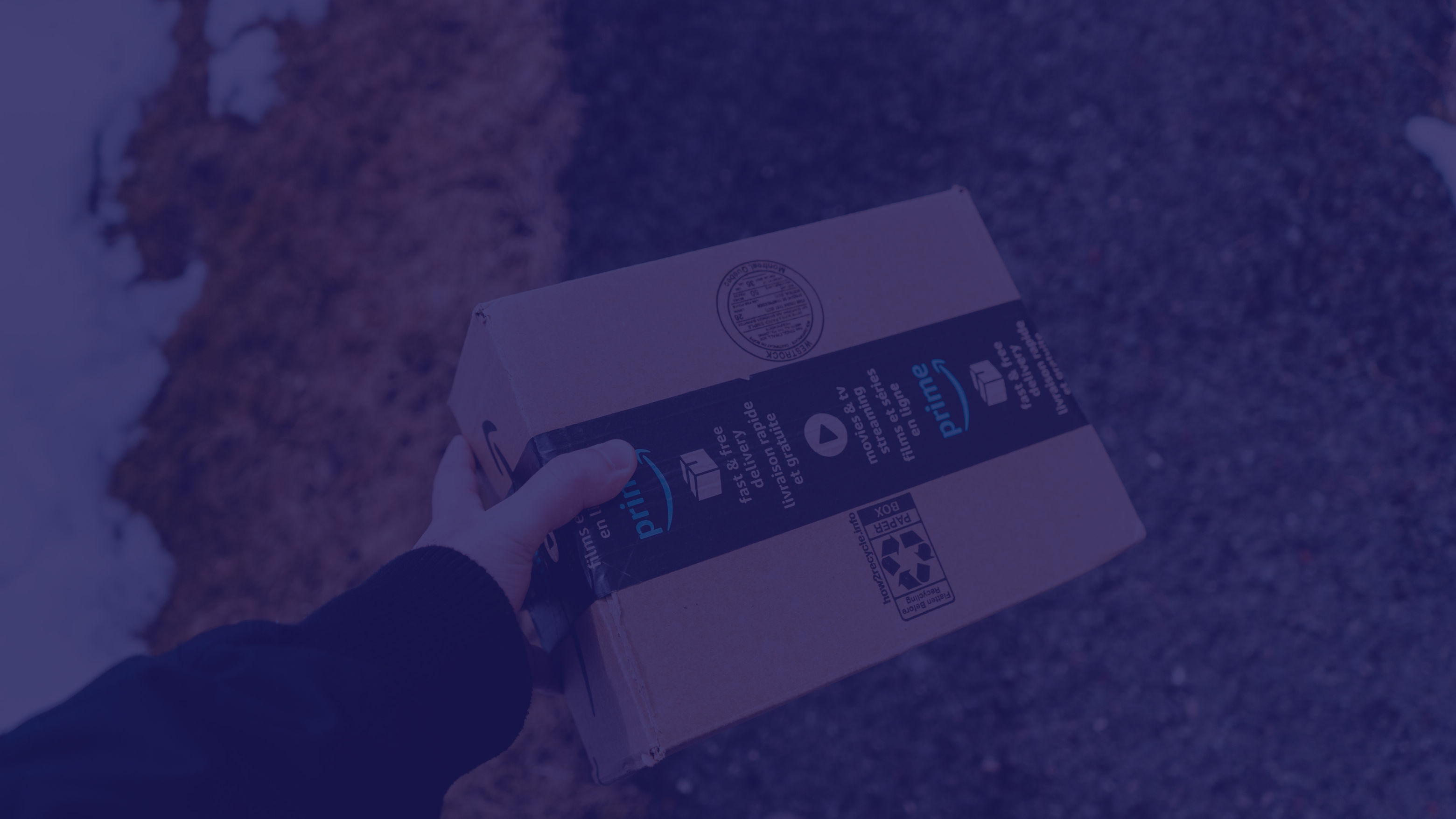Is Amazon FBM the right choice for your business?
For eCommerce brands on Amazon, finding the right fulfillment strategy can be a challenge. While Fulfilled by Amazon (FBA) offers convenience, it often comes with high fees, strict requirements, and limitations on branding and control. This leaves many sellers wondering: is there a better way to fulfill Amazon orders without sacrificing flexibility or customer experience?
In this blog post, we’ll break down Amazon’s Fulfilled by Merchant (FBM) model as a powerful alternative and introduce Prime Penguin’s pre-integrated network of fulfillment partners as the ultimate solution for seamless, scalable logistics across all your sales channels.

What is Amazon Fulfillment by Merchant (FBM)?
Amazon FBM allows sellers to fulfill their own orders, either in-house or through a third-party logistics provider. Unlike FBA, where Amazon handles fulfillment and customer service, FBM lets sellers maintain control over inventory, shipping, and the customer experience. This flexibility has proven valuable for sellers aiming to create a unique brand experience on Amazon.
Why many Amazon sellers are choosing FBM
Sellers opt for FBM for several reasons:
- Enhanced control: Sellers manage branding and customer interactions directly, allowing a tailored experience.
- Lower fees: FBM avoids many of Amazon’s fulfillment fees, which can appeal to cost-conscious businesses.
- Reduced Amazon restrictions: FBA can involve complex requirements, which may change frequently, especially during peak seasons. With FBM, sellers have fewer hoops to jump through, maintaining greater consistency in their operations.
Setting up Fulfilled by Merchant (FBM)
For Amazon sellers considering Fulfilled by Merchant (FBM) as a fulfillment option, the setup process involves a few key steps to establish a smooth operation. FBM gives sellers control over their own logistics, allowing for greater flexibility and brand customization. Here’s a more detailed look at the process:
List your products on Amazon
Start by creating a seller account on Amazon Seller Central. Once your account is set up, list your products and focus on optimizing these listings to improve visibility and conversion rates. Use high-quality images, detailed descriptions, and keyword-optimized titles to ensure your products stand out on Amazon’s competitive marketplace. This is especially important with FBM, as your listings won’t carry the Prime badge, so strategic marketing and appealing listings are essential to drive sales.

Organize storage and distribution
With FBM, you’re responsible for managing where your inventory is stored. This can be as simple as using an in-house storage facility or as extensive as working with a third-party logistics (3PL) provider. Small sellers may choose to store products at home or in a small warehouse, while larger sellers may need multiple distribution centers to strategically place inventory near key markets. Efficient storage and distribution can cut down on shipping costs and reduce delivery times, essential for meeting Amazon’s fulfillment standards.
Handle shipping and customer service
FBM requires sellers to take charge of shipping and customer support. When an order is placed, it’s up to you to ensure timely delivery based on Amazon’s estimated timeframes. You’ll need to manage all aspects of shipping, including tracking, returns, and any customer inquiries related to the order. You have the option to purchase shipping labels through Amazon or use your preferred shipping provider, but customer satisfaction remains your responsibility. A well-organized return process and reliable tracking help build trust with your customers, even without the Prime badge.

When is FBM the right choice?
Amazon FBM can be an ideal fit for sellers with specific logistical needs or business goals. Here are a few situations where FBM is particularly beneficial:
- You have in-house storage or a fulfillment partner: If your business already has storage facilities or is partnered with a 3PL provider, FBM allows you to leverage that setup without the need for Amazon’s warehousing.
- Brand control is important: FBM lets you take charge of your brand’s packaging and customer experience, which can be particularly valuable for companies that want a distinct, personalized unboxing experience.
- Cost efficiency matters: FBM can help reduce fees associated with FBA, allowing you to retain more control over fulfillment costs and avoid Amazon’s peak-season surcharges and restrictions.
FBM vs. FBA: Weighing the benefits and drawbacks
While FBM provides sellers with more independence, it also comes with certain challenges. Without Amazon’s Prime badge, sellers may lose access to Prime members’ quick-shipping benefits, potentially impacting buyer confidence. Additionally, if you’re fulfilling orders yourself without the support of a fulfillment partner, logistics can become time-consuming, and managing customer service can feel overwhelming.
However, many of these drawbacks can be minimized by partnering with a reliable 3PL provider, which allows sellers to maintain control while benefiting from a streamlined fulfillment process. By outsourcing storage, shipping, and customer service to experienced professionals, sellers can keep the autonomy FBM offers without sacrificing efficiency or customer satisfaction.
With the right logistics partner, FBM becomes a viable, cost-effective solution that offers the flexibility to align fulfillment with your brand’s specific needs.
How Prime Penguin enhances Amazon fulfillment
Prime Penguin offers an innovative solution for eCommerce brands looking to simplify and scale their fulfillment, with a global network of pre-integrated 3PL partners that seamlessly handle both FBM and FBA fulfillment. Here’s how this can transform your logistics strategy:
FBM and FBA through a single integration
Prime Penguin allows users to integrate Amazon FBM and FBA directly into their eCommerce tech stack with ease. This flexibility enables brands to enjoy the best of both worlds by leveraging Amazon’s network for FBA and maintaining control through FBM—all managed in one place.

A network of specialized fulfillment partners
Prime Penguin connects you to 3PLs worldwide that are already pre-integrated, meaning they have established experience in Amazon’s fulfillment models, including FBM and FBA. This network provides clients with the freedom to switch between FBM and FBA or combine both, adapting to changing market demands and peak seasons.
Prime Penguin’s platform integrates with major eCommerce systems, offering a centralized hub that connects seamlessly with your tech stack. For brands managing multiple sales channels, this simplifies logistics and enhances operational visibility without complex technical requirements.
Localized fulfillment for faster, cost-effective shipping
With fulfillment centers across the globe, Prime Penguin offers partners with localized storage and distribution options that reduce shipping costs and expedite delivery. This strategy gives your customers an experience akin to Amazon Prime’s fast delivery while allowing your brand’s identity to shine through.
Maximizing fulfillment success with Prime Penguin and Amazon FBM
Combining Prime Penguin’s integrated logistics solution with Amazon FBM is a powerful strategy for brands aiming to scale on Amazon and other channels. Prime Penguin’s network of Amazon-ready fulfillment partners ensures that your brand’s logistics can grow in sync with your business needs. For eCommerce brands looking to retain control, scale efficiently, and offer a branded customer experience, Prime Penguin is the ultimate logistics partner.
Want to know more? Book a call with us today!


